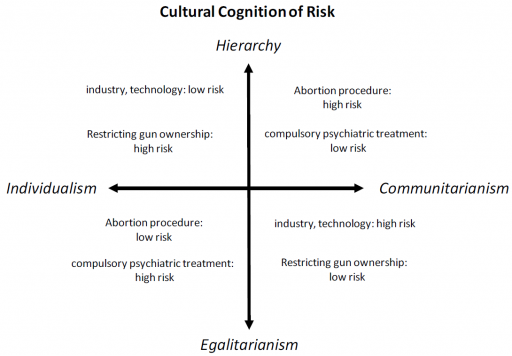The more science you know, the less worried you are about climate
May 30, 2012 | Source: The Register

(Credit: stock image)
Americans with higher levels of scientific and mathematical knowledge are more skeptical regarding the dangers of climate change than their more poorly educated fellow citizens, a U.S. National Science Foundation-funded study has found.
The results of the survey are especially remarkable as the researchers were doing so from the position that the “scientific consensus” (carbon-driven global warming is ongoing and extremely dangerous) is a settled fact, and the priority is now to find some way of getting U.S. voters to believe in the need for urgent, immediate and massive action to reduce CO2 emissions.
As scientific/tech knowledge and numeracy appears to be more common among what the study called “hierarchical individualists” than among “egalitarian communitarians,” this meant that in the sample as a whole, the effect of more scientific knowledge and numeracy was to increase skepticism.

(Credit: D. Kahan et al./Nature Climate Change)
The researchers write:
This form of reasoning can have a highly negative impact on collective decision making … it is very harmful to collective welfare for individuals in aggregate to form beliefs this way.
One aim of science communication, we submit, should be to dispel this tragedy … A communication strategy that focuses only on transmission of sound scientific information, our results suggest, is unlikely to do that. As worthwhile as it would be, simply improving the clarity of scientific information will not dispel public conflict …
So, according to the assembled profs, the U.S. government should, in effect, seek to fund a communication strategy on climate change that is not focused on sound scientific information.
For all that, there’s no serious likelihood of the soft-studies profs genuinely managing to pump up climate fear successfully where legions of activists and climatologists before them have failed, so U.S. taxpayers of every political stripe might very well quarrel with the idea of spending their science budget with the aim of placing enormous political power in the hands of the trick-cyclist community.
Ref.: Dan M. Kahan et al., The polarizing impact of science literacy and numeracy on perceived climate change risks, Nature Climate Change, 2012, DOI: 10.1038/nclimate1547